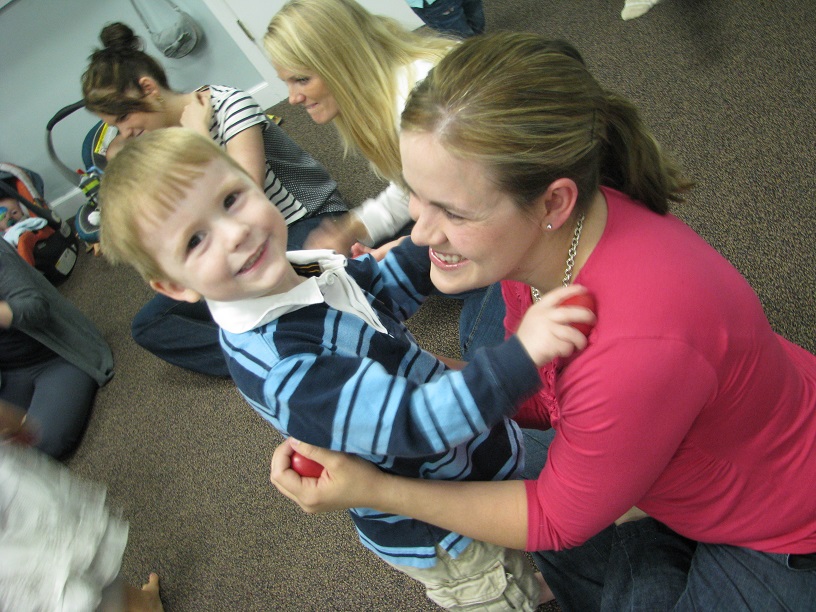Sometimes it seems that a mother knows what a child is thinking and feeling even before that little one can verbally communicate. That’s because even brand-new moms are somehow inexplicably endowed with this special ability to be tuned in to their little one’s thoughts and feelings. Some may call it maternal instinct. It might be better called the “mom thermometer.” Dr. Elizabeth Kirk, from the University of York, called it “maternal mind-mindedness” or “tuning in.”
What kind of “reading” a mom gets on her “mom thermometer” then often translates into not only she cares for her baby, but more importantly to Dr. Elizabeth Kirk and her research team, this instinctive tuning in is the basis for how a mom interacts and talks to her little one. Dr. Kirk’s study found that a “…a mother’s ability to tune-in to her baby’s thoughts and feelings early on helps her child to learn to empathise with the mental lives of other people. This has important consequences for the child’s social development, equipping children to understand what other people might be thinking or feeling.” Pretty amazing!

Well since we here at Kindermusik are all about using music, movement, and the weekly Kindermusik class to help make great parenting a little easier, we have some “talking points” for all parents as you are interacting with, tuning into, and bonding with your babies and young toddlers by identifying and labeling their emotions.
Emotional Talking Points
When Mommy sings your favorite lullaby, you feel all better.
You love cuddling with Daddy, don’t you?!
I can tell when you smile that you are happy.
Are you feeling frustrated because you can’t fit that into the box?
Does it make you feel upset when your beans fall off your spoon before you get them in your mouth?
Emotional Activity Ideas
- Listen and/or dance to “emotional” music. (You can define what “emotional” means at any given moment.) Talk to your child about how the music makes them feel.
- Use simple songs or rhymes at routine points throughout the day – waking up, getting dressed, going down for nap, bath time, or bed time. The songs or rhymes can not only help the transitions go more smoothly, but you can talk to your baby about their reaction. Upset? Happy? Sad? Frustrated? Contented?
- Deliberate eye contact will help you tune-in more to your baby and his/her emotions. Look into their eyes as you talk to them and love on them.
- Take time for some gentle baby massage. This is a great time to “converse” with baby and make that all-important eye contact.
- Sing or hum a lullaby as you rock your child. You might use rocking as a nap time or bed time ritual. But rocking is also a great time to really focus on your child, saying “I love you,” and getting a good “read” with your “mom (or dad) thermometer.”
We get that some of these examples might sound just slightly cheesy when written out, but don’t worry – they won’t come across as cheesy when it’s just you and your little sweetie one-on-one. And later on, when your child is growing to be happy, self-confident, thoughtful, and sensitive towards others, you can give yourself a big pat on the back. It was your intuitive connection, tuning in, verbalization, and yes at times, one-sided conversations, that made all the difference.
Want more insight into your child’s social-emotional development? Follow us on Pinterest!
Shared by Theresa Case who has loved every minute of helping parents connect with their children through music at Piano Central Studios in Greenville, SC, for over 20 years now.




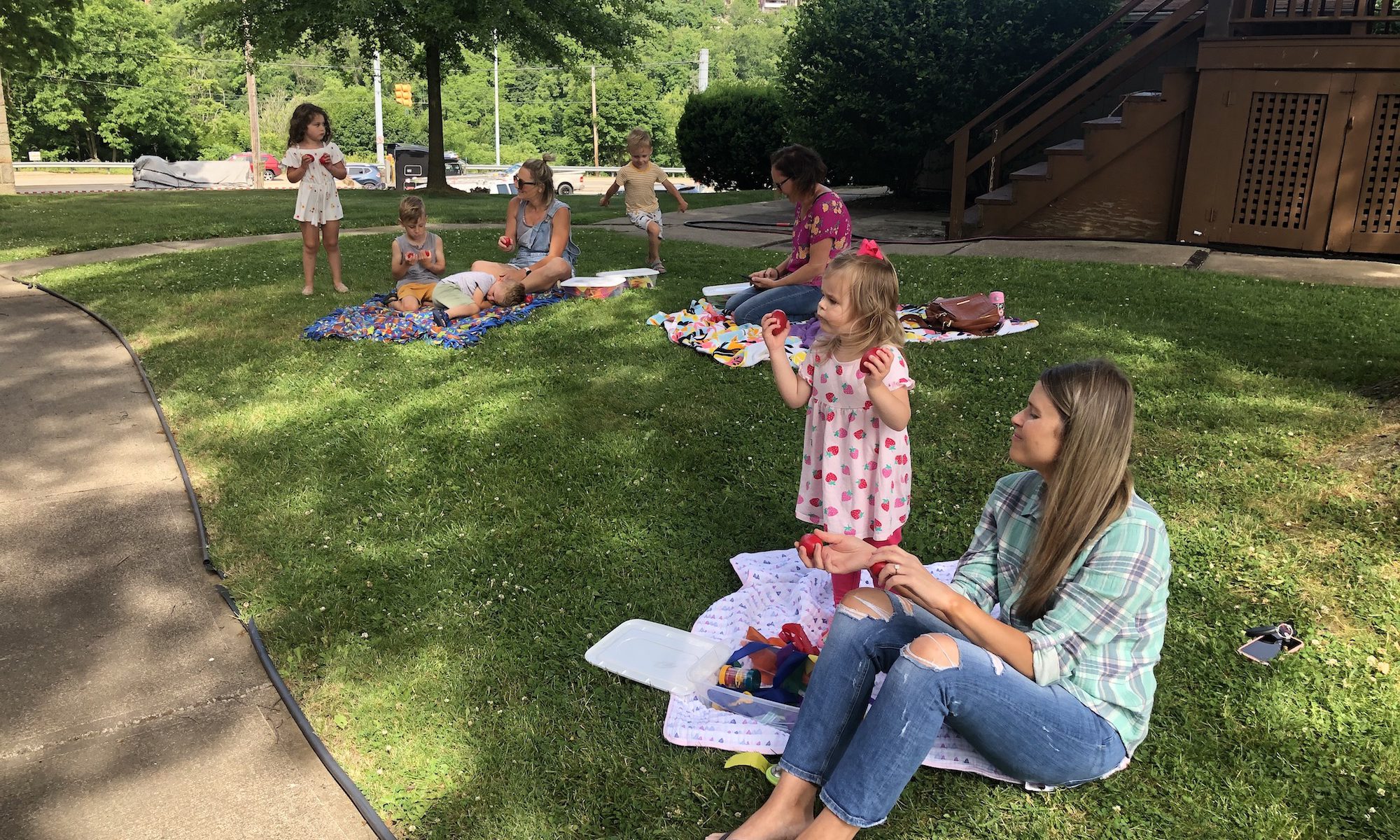


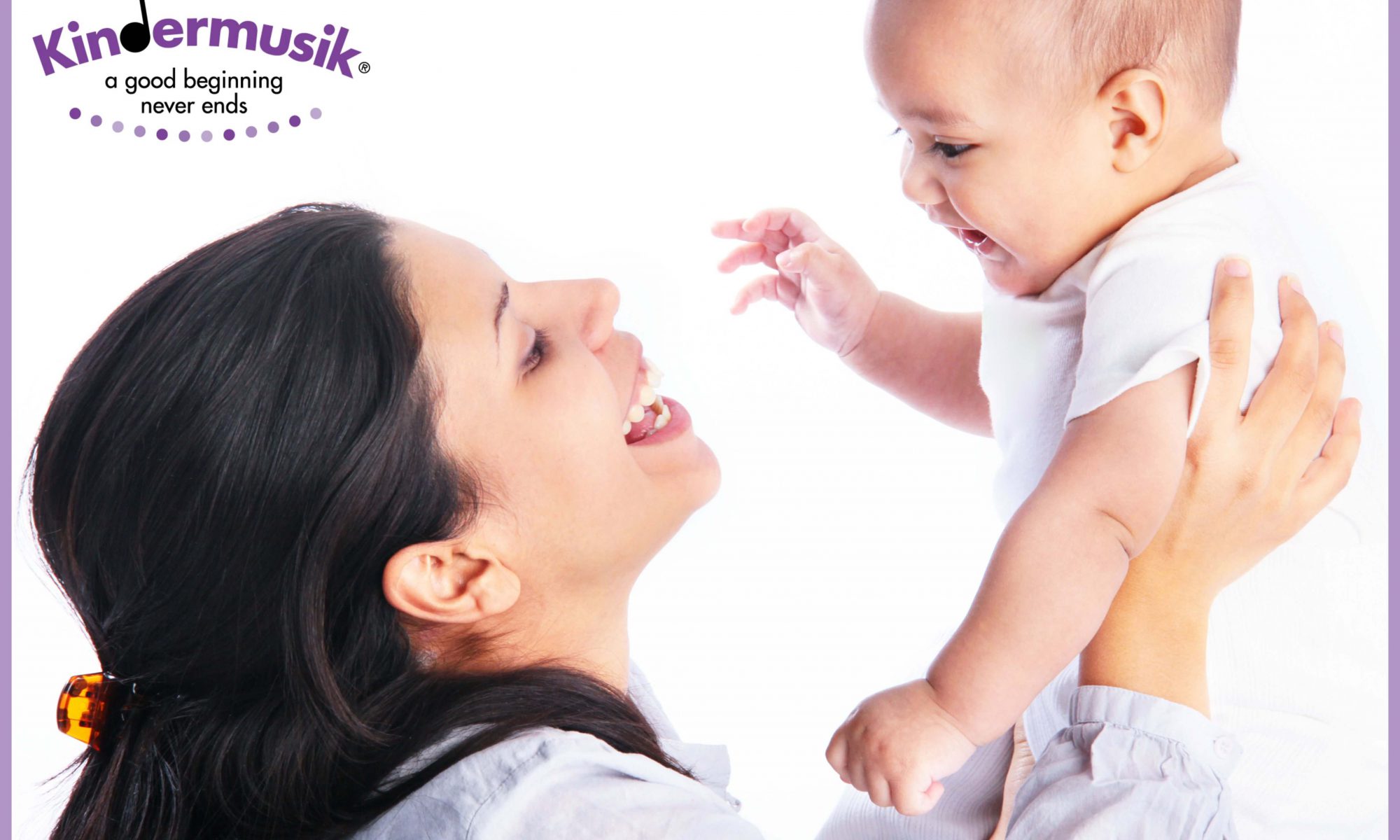

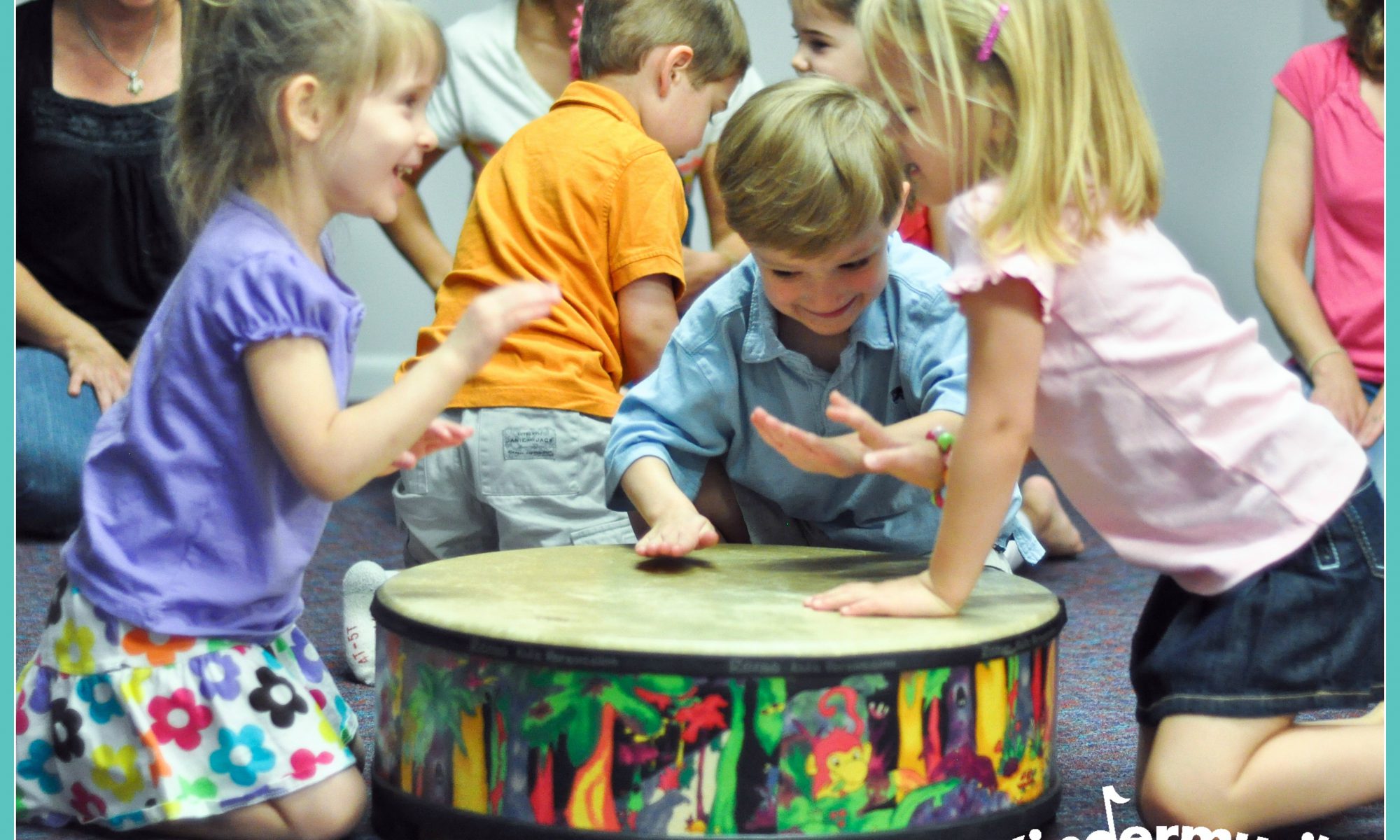
 strong rhythm that enable coordination in social settings and encourage group bonding.
strong rhythm that enable coordination in social settings and encourage group bonding. Want to connect your family with others who share a love of music?
Want to connect your family with others who share a love of music? 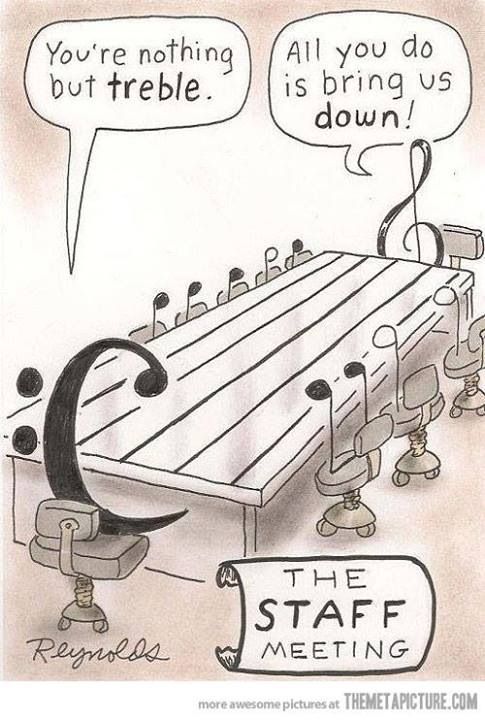
 What type of music are balloons scared of?
What type of music are balloons scared of?

 for babies
for babies